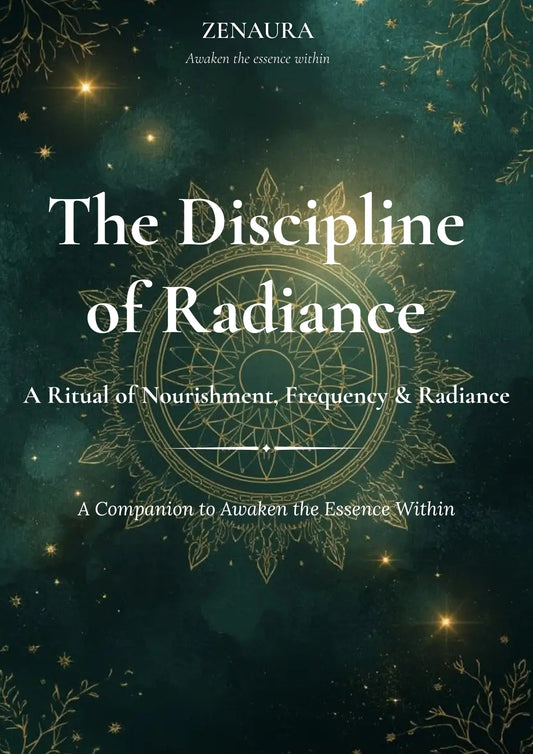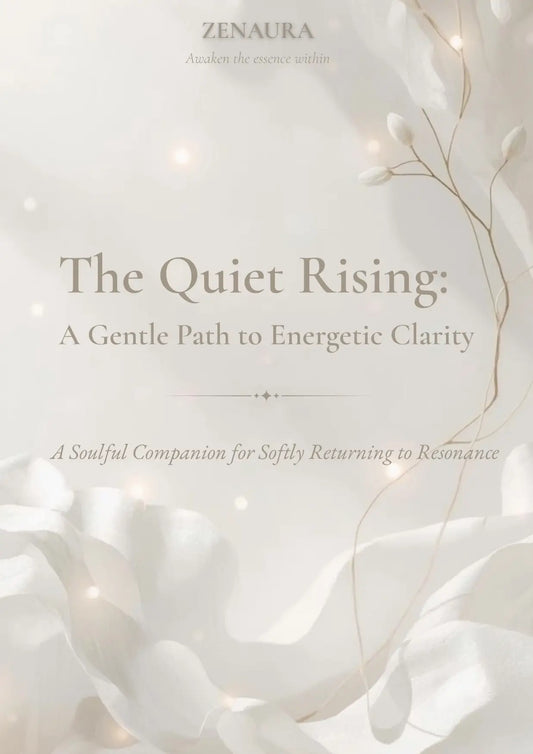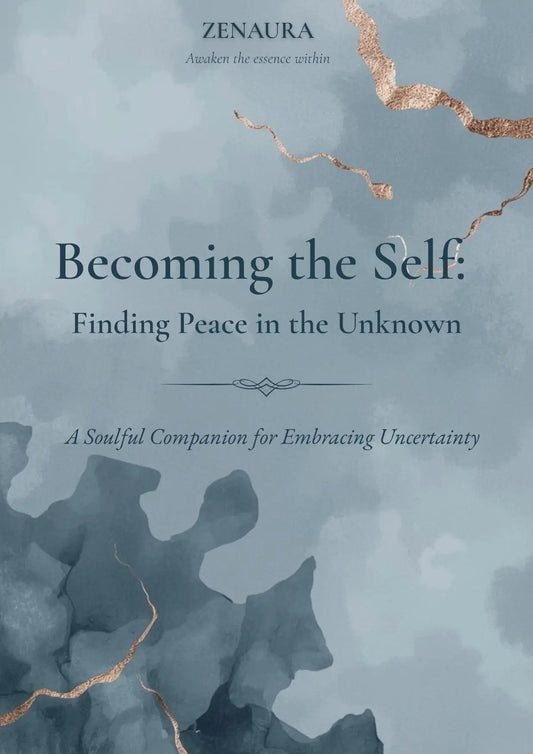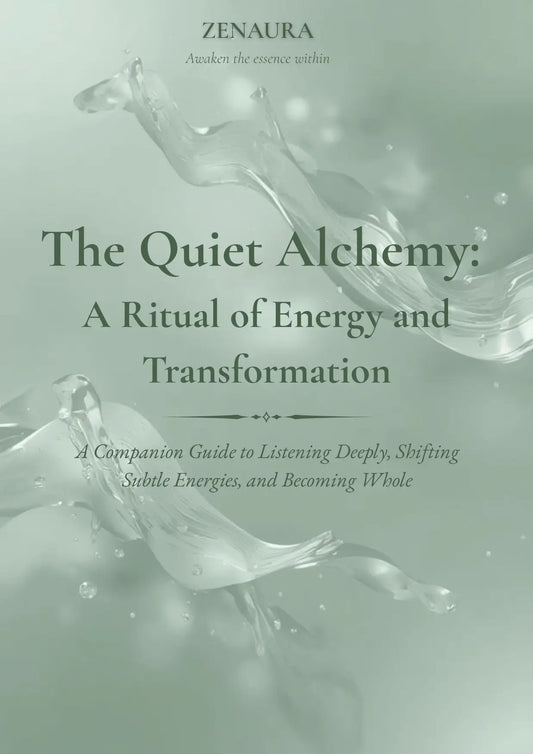
Unveil the RICE: Recognising and Outsmarting Manipulation in Work and Life
There are forces in life that operate silently, guiding choices and shaping behaviour long before awareness catches up. They are subtle, often dressed as kindness, principles, or flattery, yet beneath them lies a deliberate architecture of influence. In workplaces, friendships, family circles, and romantic partnerships, you may notice familiar patterns: rewards are dangled to encourage compliance, ideas framed as moral imperatives, pressure applied under the guise of necessity, and the ego stroked to steer decisions in quiet ways.
If FOG clouds perception, RICE works upon the architecture of human behaviour itself. It operates quietly, shaping decisions through desire, belief, and self-image. RICE—Reward, Ideology, Coercion, and Ego—a framework originally developed by the CIA to study and influence human behaviour, is quietly employed by those seeking control. Recognising these patterns allows one to reclaim autonomy, observe subtle influence, and respond with deliberate clarity. Life is lived most fully when choices are consciously aligned with personal values, not shaped by invisible currents of manipulation.
Reward: The Subtle Pull of Incentives
Reward works quietly, offering praise, recognition, or privilege to guide behaviour. In the workplace, a manager might highlight an employee’s talents and hint that extra effort will be recognised, creating commitment to tasks that exceed their role. Friends or colleagues may offer social inclusion, attention, or favour in exchange for cooperation, subtly shaping behaviour while appearing supportive.
At home, reward can appear as approval or affection, encouraging compliance with expectations that don’t always reflect personal priorities. Romantic partners may offer attention or gifts selectively, guiding decisions without explicit requests.
Reward is powerful because humans naturally seek connection and validation. Awareness allows you to notice when incentives are genuine versus strategically used. A simple pause to reflect—“Am I doing this because it matters to me, or because I want someone else’s approval?”—reclaims agency and realigns choices with authentic intention.
Ideology: The Invisible Weight of Belief
Ideology influences decisions by framing them as morally, socially, or ethically necessary. At work, projects may be presented as aligned with corporate “values” or a larger purpose, nudging staff beyond their capacity. Friends or community groups may emphasise shared principles, expecting alignment even when personal priorities differ. Families can invoke tradition or duty to encourage choices that serve collective expectations rather than individual needs.
Its strength lies in humans’ drive for meaning and belonging. Awareness allows recognition of when belief is used to influence, rather than reflect genuine shared values. Reflective inquiry—“Does this align with my values, or am I following a story presented as necessary or virtuous?”—creates space for deliberate, conscious action.
Coercion: The Quiet Pressure of Compulsion
Coercion applies pressure, often beneath the surface. At work, this can take the form of veiled threats of stalled promotion, implied consequences for non-compliance, or relentless deadlines that stretch capacity. Within families, it may appear as emotional blackmail, passive-aggressive behaviour, or repeated appeals to obligation, quietly nudging compliance. Friends or partners can employ social expectations, third-party pressure, or strategic withdrawal to influence behaviour.
Its power lies in our natural tendency to avoid conflict and social exclusion. Recognising coercion as external pressure—rather than a genuine request rooted in mutual respect—creates space for deliberate response. Pausing, setting boundaries, or stepping back preserves autonomy, even when expectations feel heavy or insistent.
Ego: The Quiet Power of Flattery
Ego manipulation leverages the desire for recognition and admiration. Superiors may overstate an individual’s uniqueness to secure overcommitment. Friends, colleagues, or partners may use praise or attention strategically, guiding behaviour while rewarding compliance with affirmation.
Ego is effective because humans naturally seek validation. Awareness allows recognition of when praise or recognition is strategic rather than genuine. Reflection—“Am I being swayed by praise, or acting from genuine alignment with my values?”—creates a buffer against manipulation. Acceptance of acknowledgement need not equate to submission; choices can remain grounded in personal priorities.
Navigating Life Through RICE
Reward, Ideology, Coercion, and Ego operate quietly, shaping behaviour often unnoticed. Awareness requires active, deliberate observation—of both internal reactions and external pressures.
When unease arises, pause. Observe your inner responses, desires, and resistance. Then turn outward—who is offering, framing, pressuring, or flattering in ways that subtly bend your will? This 360-degree observation, combining inner and outer awareness, allows clarity to emerge.
Conscious observation transforms influence into insight. Rewards that do not align with personal values may be declined without guilt. Ideologies can be examined rather than automatically followed. Coercion can be met with boundaries, and flattery acknowledged without surrendering control. Energy is preserved, boundaries strengthened, and choices aligned with authentic self.
Life is abundant, and energy precious; the one life available should not be spent navigating the subtle manipulations of others. Those who attempt to control, sway, or influence can be left behind without explanation—their agenda is theirs, not yours. By recognising RICE, cultivating reflective awareness, and practising sovereignty, clarity, resilience, and freedom flourish—creating spaces where authenticity, abundance, and joy thrive.






